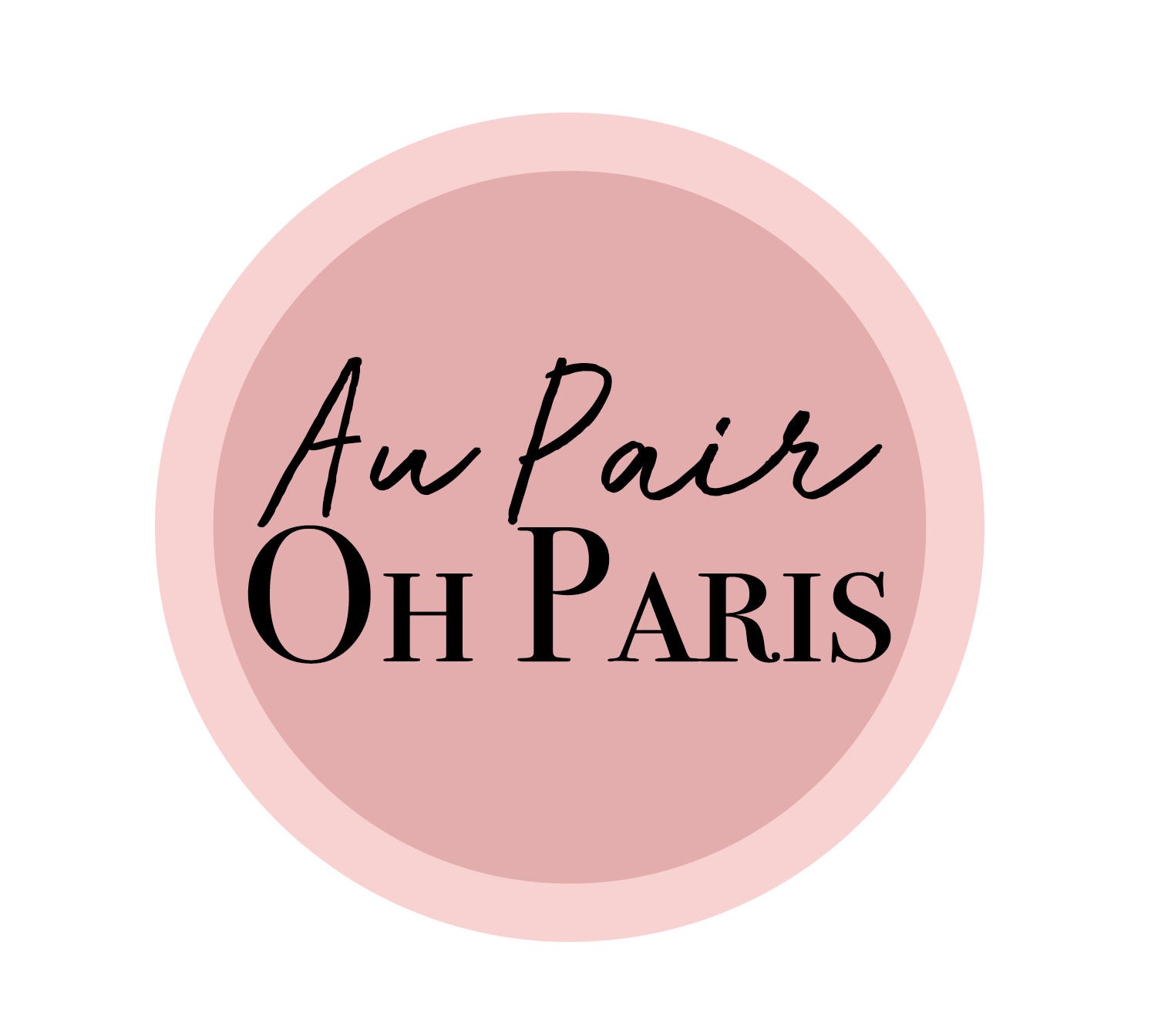What do the European Language Levels Mean?
Hey Au Pairs,
Last week's video was all about language schools in Paris. We went into some detail about the options, what they represent and whether we think they're worth it. We'll post more information about language schools in Paris on the blog soon (and, there will definitely be a looong section about this in our book as it's a topic we're regularly asked about! Book update: we're almost finished editing! Woohoo!)
However, today we thought we'd give you some insight into the European Language Levels. If you've never learnt a language in Europe, it's likely that you won't have come across these levels. But, they're pretty useful to know. When I first arrived in Paris, I had to sit a test and was told "congrats, you're B1" - great... but, err... what does that mean? Standby to find out:
Here is the breakdown:
A1 - you’re JUST learning the language and are a complete beginner. This is the first step and your skills range from non-existent to knowing a few colors.
A2 - this is the elementary French level. You can understand frequently used phrases of immediate relevance such as, your name, your address, the weather, etc. You can have very basic conversations.
B1 - You can deal with most situations that you regularly encounter (either in schools, shops or on the street). This involves being able to understand what is going on around you, explain what’s happening and even converse about your hopes and dreams.
B2 - this is the upper intermediate level and means you can understand concrete and abstract concepts. You can also have more technical conversations and should know the majority of French grammar (even if implementing it can be difficult!)
C1 - well done, you made it. This level could be as close to fluency as you’re likely to reach without spending the majority of your life in a French speaking country. At C1, you can discuss anything and everything, speak when caught unawares and recognize implicit meaning.
C2 - this is essentially native level French and means you understand cultural context, don’t search for your words anymore (or no more than a local, anyway) and can express yourself spontaneously, precisely and fluently.
A Few Tips From US:
These steps sound easy enough right? Just remember that learning a language means investing time. Supposedly it takes anywhere from 75 to 200 hours of studying to move from A1 to A2, A2 to B1 etc.
But, we say that the first few jumps should be pretty simple if you're learning effectively. Whereas, when you hit B2, it's going to take a LOT more time and effort to jump to C1...
Here are a few language learning tips:
Implement learning into your daily routine - listen to the news in the morning, write down a few news words and carry a dictionary wherever you go (whether on your phone or in your purse!)
Head to the library and take out some French language kids books and learning resources.
Find yourself a language exchange partner!!!
Actually GO to the lessons you've paid for (OOPS)
If you're starting with the basics, don't underestimate how useful Duolingo is (but, it'll only take you to around a A2 level if you don't subsidise your learning with other resources).
We also recommend learning THESE phrases when you first move to Paris, that way you can keep your kids in line without being fluent:
Let us know how you learn a language in the comments, it's a topic we're always interested in!
Don't forget to check out our latest videos on YouTube and, if you feel that we've helped you, please check out our Patreon page!
That's all for now, back again tomorrow!
Ciao xo



